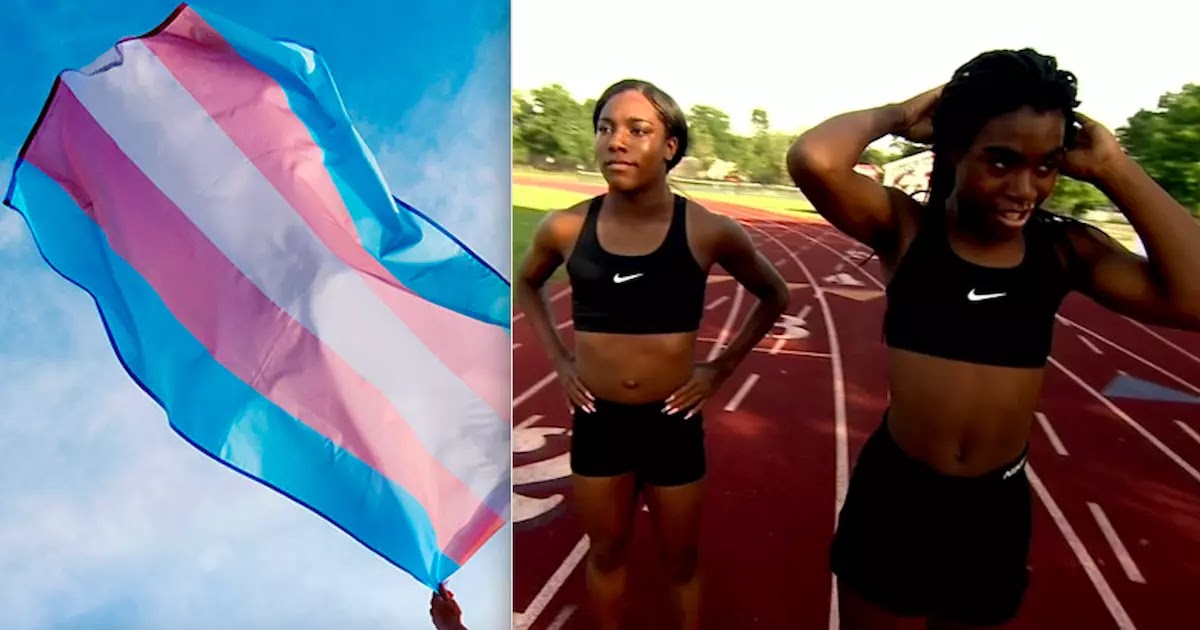
The US state of South Dakota has passed a new law banning transgender people from entering sports competitions in the gender they were not assigned at birth.
The South Dakota senate voted 20-15 in favour of the HB1217 bill. The bill was supported by South Dakota Governor Kristi Noem. It is thought likely that the bill will be challenged in federal courts.
There has been a heated debate over the last few years regarding transgender women taking part in female sports competitions. It is suggested that women who were born biological men, but now identify as women or have undergone gender reassignment procedures, have an inherent advantage over women who were born female.
It is also claimed that women taking part in contact sports against transgender people born as males could face serious injury. Those people assigned male at birth tend to have far-higher levels of muscle-mass, bone-density and height.
Noem tweeted:
"In South Dakota, we're celebrating #InternationalWomensDay by defending women's sports! I'm excited to sign this bill very soon."
In South Dakota, we're celebrating #InternationalWomensDay by defending women's sports! I'm excited to sign this bill very soon. https://t.co/OU15HOwp2r
— Governor Kristi Noem (@govkristinoem) March 8, 2021
Some human-rights groups and transgender activists have slammed the new law as 'transphobic'.
The Human Rights Campaign tweeted in response to the law:
"Trans girls and their families are your constituents. You are using your power to exclude kids and make them feel less than, and that is nothing to be proud of."
Trans girls and their families are your constituents. You are using your power to exclude kids and make them feel less than, and that is nothing to be proud of. https://t.co/hQA1Faifty
— Human Rights Campaign (@HRC) March 8, 2021
Human Rights Campaign Mississippi State Director Rob Hill told CNN:
"All this bill does is put transgender youth at risk of bullying, exclusion, and increased danger while discrimination and violence against transgender people is at a record high in this country. If legislators would simply listen to medical experts and transgender athletes, they might know that transitioning for the sake of competitive advantage is simply unrealistic. So is the idea that transgender athletes even gain a supposed advantage in the first place."
Some have suggested that the move is more of a political stunt, given that only one transgender woman in the whole state of South Dakota has actually competed in women's athletics in the last 10 years, and they did not in any way dominate the sport or cause injury to others.
It is likely that if the bill picks up political traction, other conservative-leaning states across the United States could also seek to impose their own bans on transgender women competing in women's sports.
[h/t: UNILAD]












COMMENTS